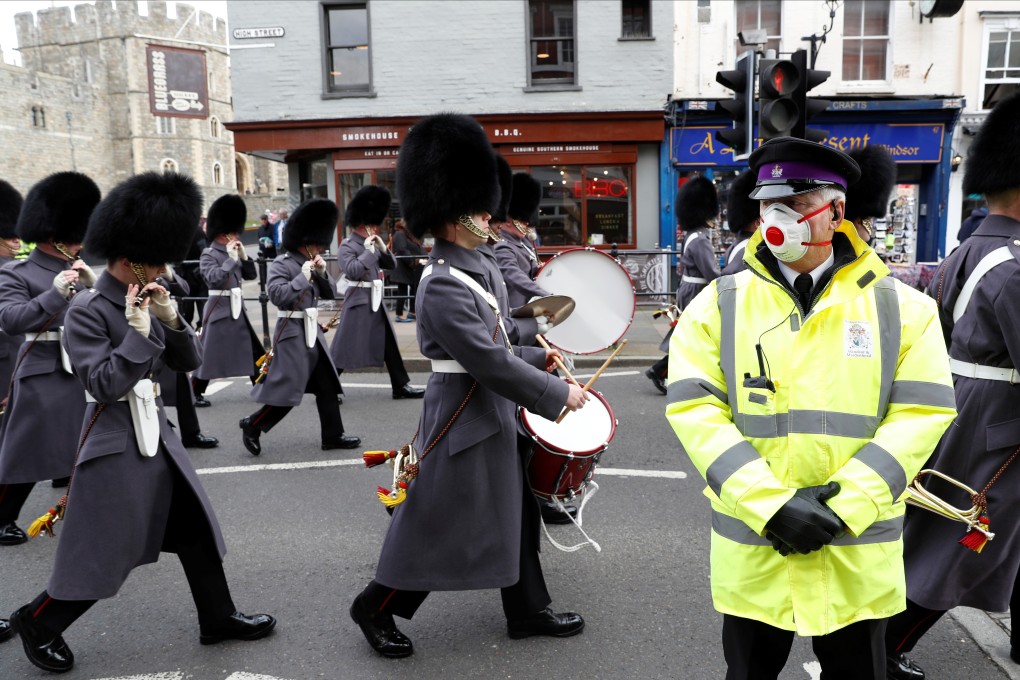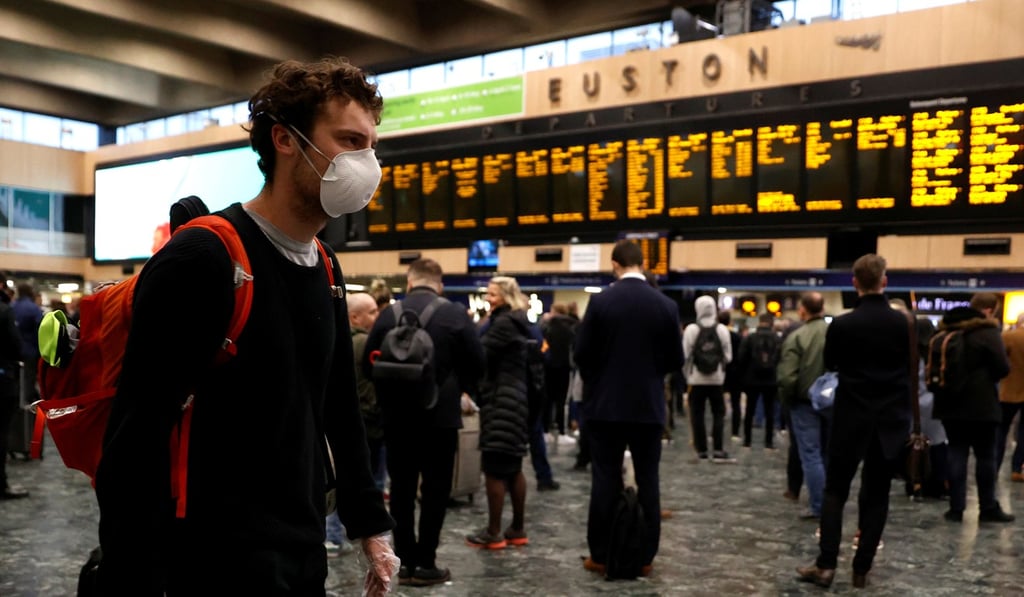Advertisement
Explainer | What is herd immunity? And can it stop the coronavirus?
- For a while it seemed part of British PM Boris Johnson’s outbreak mitigation strategy, which sought to avoid most sweeping restrictions on society
- That plan was quickly shelved after scientists advising the government indicated such an approach could result in up to 250,000 deaths
Reading Time:5 minutes
Why you can trust SCMP

The concept of “herd immunity” has been thrust to the forefront of public consciousness by Britain’s widely criticised response to the global coronavirus pandemic.
Before a dramatic about-face, British Prime Minister Boris Johnson announced last week the government would seek to slow rather than halt the spread of the virus that causes the illness Covid-19 as part of a mitigation strategy that assumed up to 80 per cent of people would become infected before the population became immune.
The plan, which proposed home isolation for suspect cases and their families but avoided the sweeping restrictions on society imposed elsewhere, was quickly shelved after scientists advising the government conceded that newer data from Britain and Italy indicated that such an approach would leave the health system completely overwhelmed, resulting in up to 250,000 deaths.
Advertisement
“We were expecting herd immunity to build,” said Azra Ghani, an infectious disease expert at Imperial College London whose research has informed government policy. “We now realise it’s not possible to cope with that.”

Advertisement
As criticism mounted over the government’s handling of the outbreak, which has surpassed 1,500 confirmed cases – though experts estimate the true number is far higher – Johnson on Monday announced a shift in strategy towards suppressing the epidemic, telling the public to avoid “non-essential contact”, work from home where possible and stay away from pubs, restaurants, cinemas and theatres.
Advertisement
Select Voice
Select Speed
1.00x